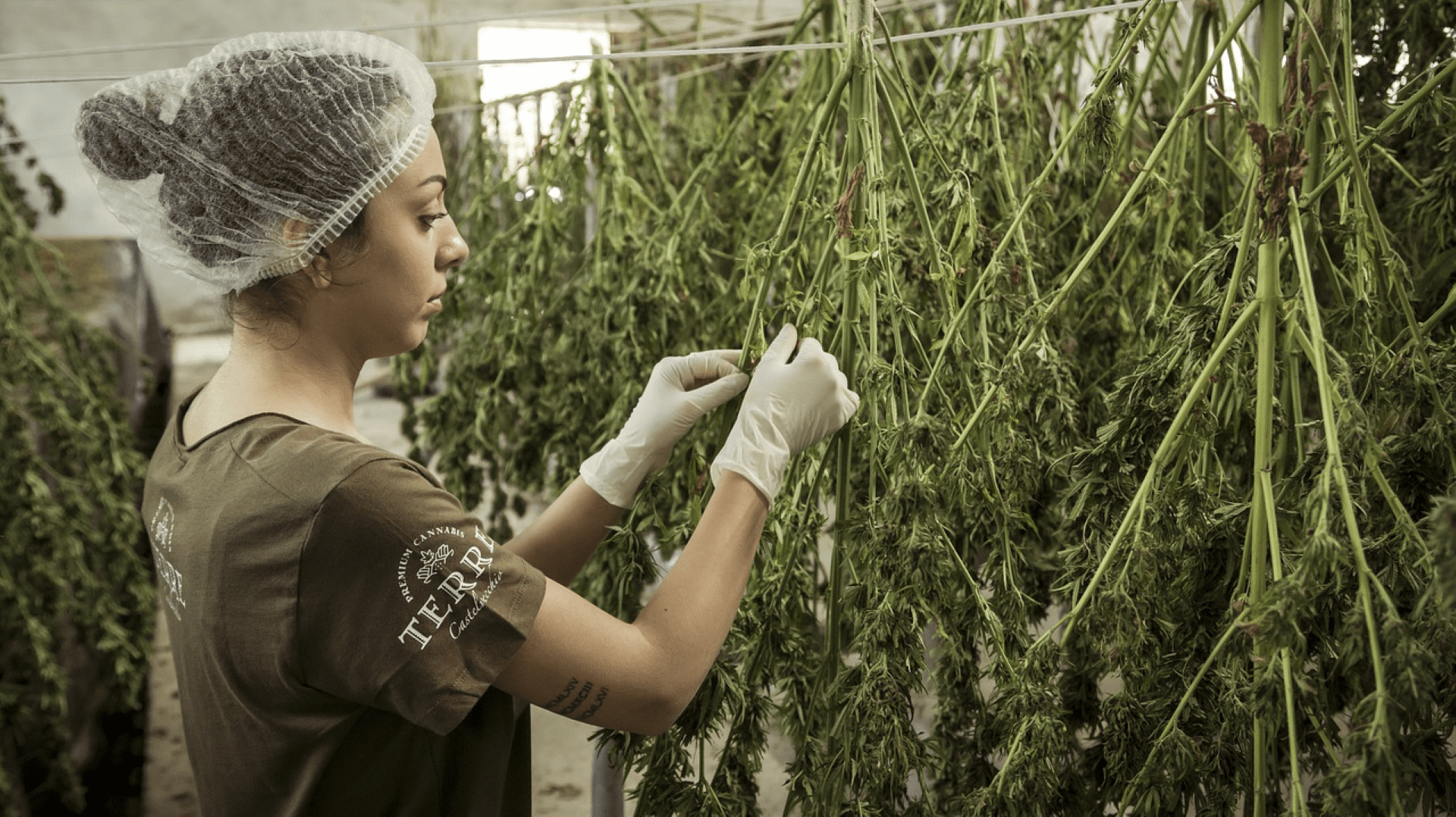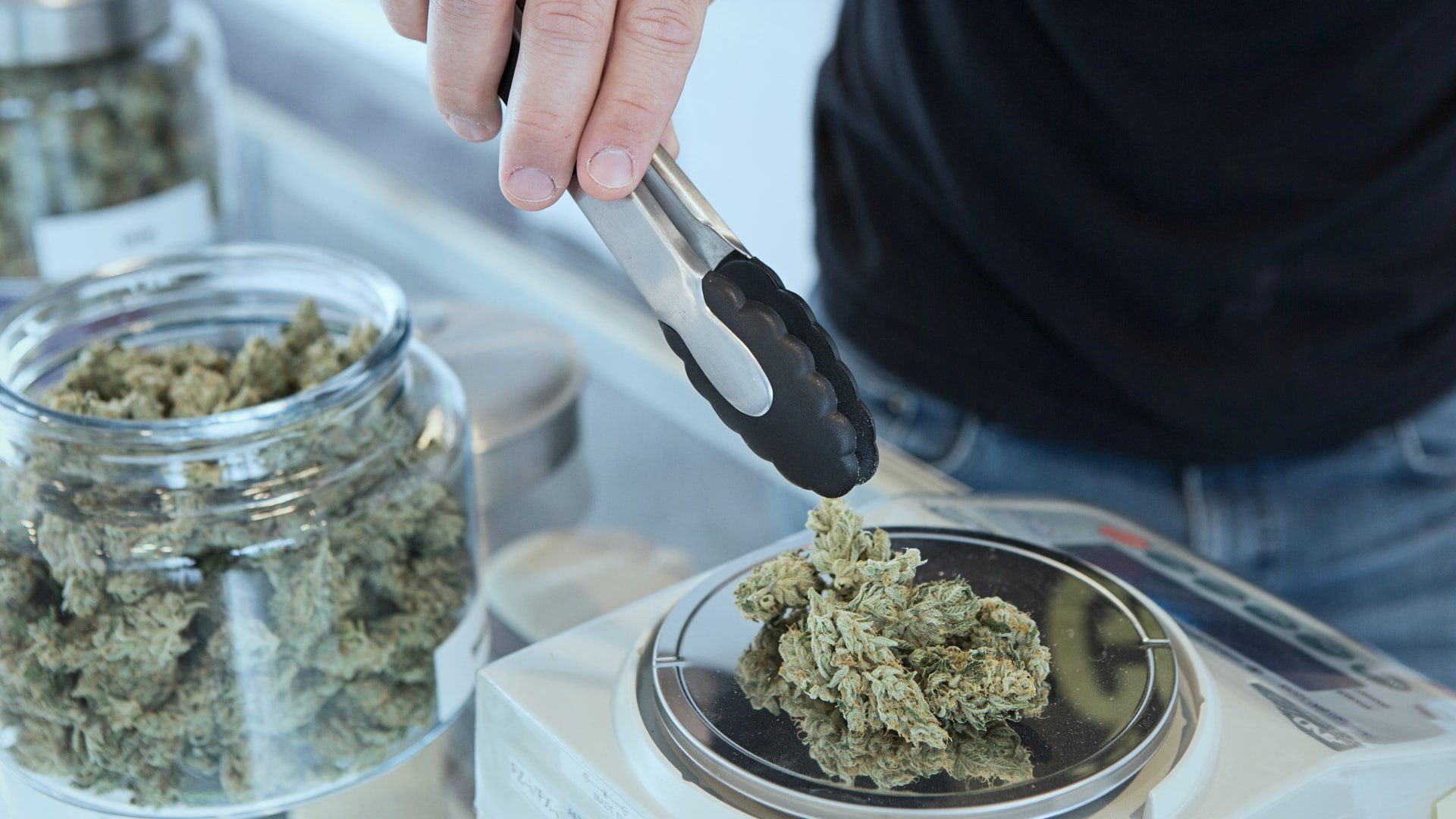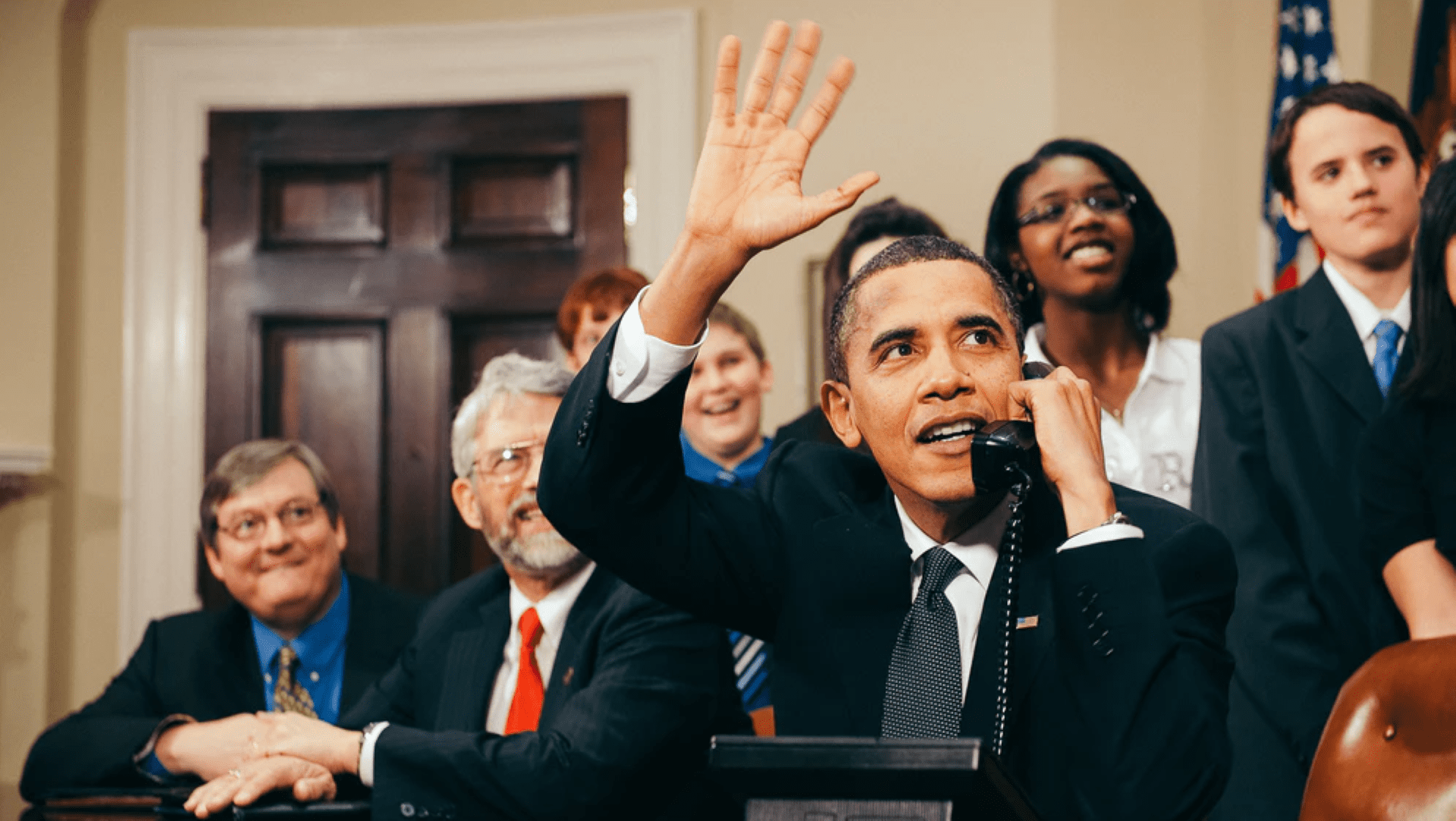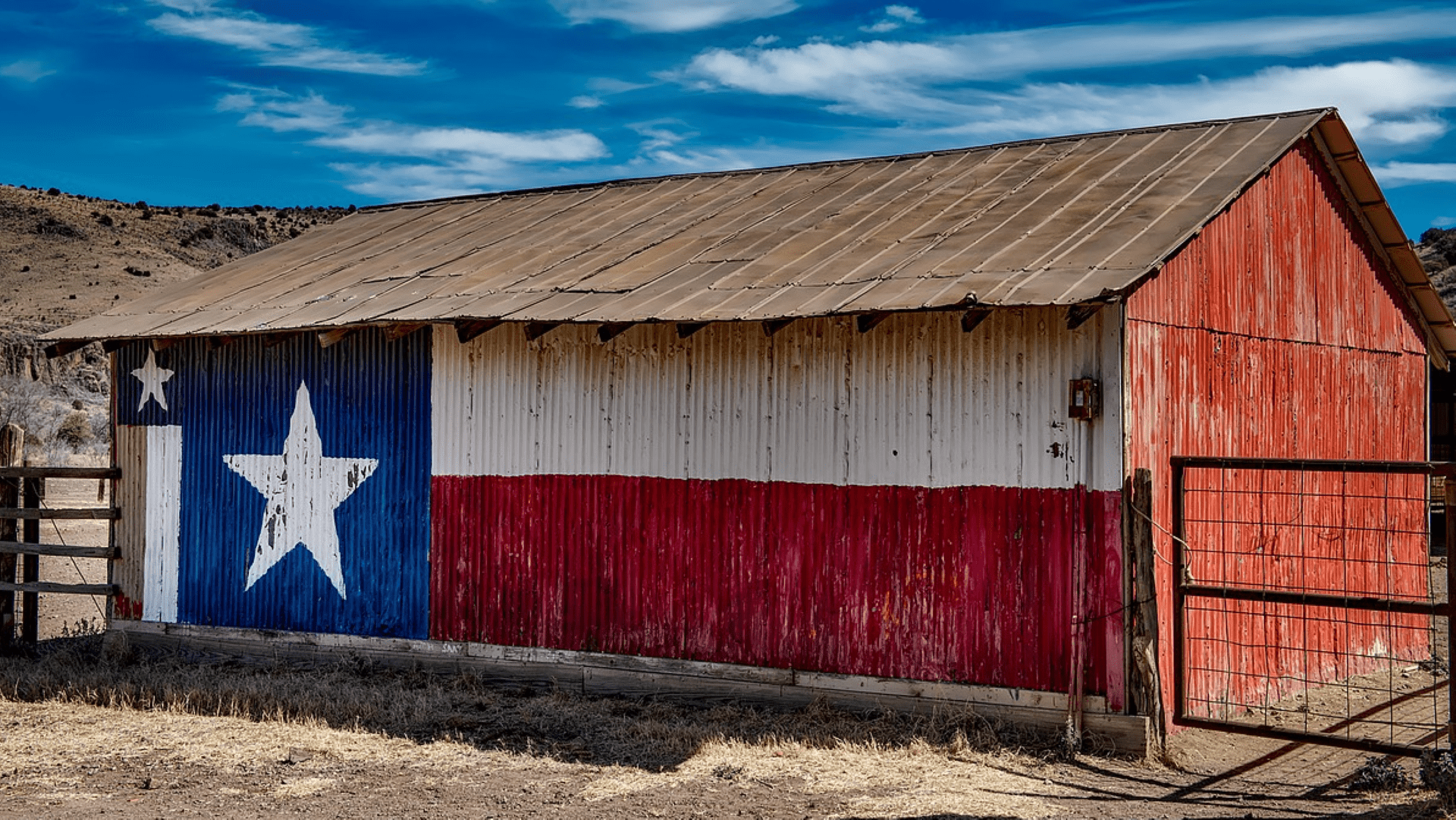We have lived in Providence, RI for almost four years. I still am not accustomed to the driving habits of Rhode Islanders. There are the ones I might have expected moving up here from Georgia: the honk when the light turns green but I don’t move fast enough, the infrequent use of turn signals when changing lanes, and the unwillingness to let someone change lanes in front of them.
One habit that niggles at me every time is the tendency of drivers to stop and let the car coming from the opposite direction turn left in front of them. At first, this seemed like such friendly behavior—much friendlier than I had expected New England drivers to be. I would stop on a two lane road, turn the signal on, and wait for a break in oncoming traffic to turn left.
Then, one of the vehicles in that oncoming traffic would stop and wave me across. Or, at night, stop and flash their lights at me to let me know I could turn left in front of them. How nice! I get on my way a little faster, and the waver feels good about letting me turn in front of them. Not to mention that any cars behind me get moving faster.
The only thing is, I’m not always the one turning left. Sometimes, I’m the car behind the waver, braking unexpectedly in the middle of the road while the waver and I wait for the oncoming car to realize he can turn left.
Sometimes, I’m the only car behind the waver, and in the time that it takes the oncoming car to realize he can turn left, the waver and I would’ve been on our way with an ample break in traffic behind us for the left turn. It’s when this happens that I think of Frederic Bastiat’s essay What is Seen and what is Unseen, although the example is an imperfect one.
The seen and the unseen
The waver thinks they’re being nice: it can be hard to turn left on a busy street, and letting someone turn in front of you certainly makes the turner better off. This is the seen: the effect of stopping to let someone turn in front of you. What the waver doesn’t appear to consider is the cost of stopping unexpectedly on the cars behind them.
The unexpected braking itself can be disruptive, violating our expectations of what happens when you drive behind a car. The unexpected stopping costs the followers time. It’s more egregious when there are no cars behind the turner and a long line of cars behind the waver.
I worry that a lot of kind, generous acts have the flavor of the unexpected-stop-and-wave-across. Looking at a situation in terms of the seen and the unseen, the wavers feel generous; the turner and any cars behind the turner benefit. But the waver does not consider those waiting behind them after braking in the middle of a road. Ideally, we would consider the costs and benefits to all of those affected, not just the obvious ones.
I’m a middle-aged mother of three who doesn’t smoke, doesn’t do drugs, and rarely drinks alcohol. But I believe that smoking, drinking, and doing drugs should be legal for consenting adults. Two arguments support my position…
The war on drugs violates consent
The first argument is that one should tolerate other people’s choices. People do things every day that I would not choose to do, many of which I think are unwise. They sky-dive, bungee-jump, and spend large sums on a designer pair of shoes. They tattoo and pierce their body, gamble in Las Vegas, and spend hours eating potato chips and watching TV.
And, they drink, smoke, and consume drugs.
Many people engage in these activities without significant harm to themselves and with much enjoyment. Others find themselves suffering the consequences of unwise choices. Either way, as adults, it ought to be legal for them to do so and to experience the benefits and consequences of their choices.
Should we hold people accountable for harming others? Of course — if your substance use, for example, causes an accident or leads to an assault or homicide, society should hold you to account. Without harm to others, however, we should tolerate your choices of how to use your body, money, and time.
Drug prohibition: a case of the seen and the unseen
The second is that prohibition typically harms people without a substantial and justified reduction in consumption. In work with Jeff Miron, I found alcohol prohibition in the 1920s reduced alcohol consumption by 10 to 20 percent.
Prohibition certainly does not eliminate drug use: U.S. survey data from the National Survey on Drug Use and Health shows that about 15 percent of those aged 12 and over report consuming any illicit drug in 2012. The production and consumption of these substances are instead relegated to black markets.
And yet, the war on drugs generates other harms. Prohibition increases violent crime by generating black markets and then disrupting those markets. Prohibition encourages corruption as dealers bribe public officials to look the other way. Enforcing prohibition is expensive: the DEA, the additional prisons, and the additional police all add up to billions of dollars in drug enforcement expenditures every year.
The war on drugs is used to justify civil asset forfeiture and restrictions on medicinal uses of drugs. It is likely the driving force behind the militarization of police and discourages addicts from seeking treatment. Michele Alexander points to the war on drugs as the New Jim Crow in that it decimates African American communities. Prohibition diverts resources from more productive uses and encourages the infringement of civil liberties.
Drug legalization is not dangerous
Legalizing and medicalizing marijuana has not led to large increases in its consumption (see, for example, Harper, Strumpf, and Kaufman 2012 or Lynne-Landsman, Livingston, and Wagenaar 2013). It has, in fact, led to reductions in traffic fatalities, suicide rates, and most likely homicide and assault rates (Anderson, Hansen, and Rees 2013; Anderson, Rees, and Sabia 2014; Morris et al. 2014).
Shifting policy away from prohibition and towards a more tolerant and sensible drug policy not only reflects a respect for people’s autonomy, but mitigates the harms from pushing the production and consumption of substances into black markets.
To read more content highlighting the need to end the war on drugs, be sure to check out our cluster page by clicking on the button below.
This article was originally published on the Learn Liberty blog.
This piece solely expresses the opinion of the author and not necessarily the organization as a whole. Students For Liberty is committed to facilitating a broad dialogue for liberty, representing a variety of opinions.









